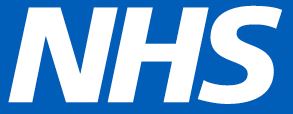If you are registered with a GP practice in England, you will automatically have a Summary Care Record (SCR) unless you have previously chosen to opt out. Your SCR contains key information about your health, including:
- 💊 Medicines you are taking
- 🌱 Any allergies you have
- ⚠️ Adverse reactions you may have experienced to medicines
In situations where healthcare professionals unfamiliar with your medical history need to treat you, recalling essential details can be challenging, particularly during illness or when you have complex needs. Your SCR ensures this vital information is readily available, helping to improve the quality of care you receive.
Enhanced Summary Care Record
You can also opt to include additional information in your SCR, which can further enhance the care provided. This additional information may include:
- 🩺 Details of your medical conditions and health issues
- 💉 Records of past operations and vaccinations
- 🏥 Your preferences for care, such as preferred treatment settings
- 🤝 Any specific support you require
- 📞 Contact details of individuals who can provide more information about you
Your SCR gives you full control over what information is shared and with whom. Authorised healthcare professionals can only access your SCR with your explicit permission, ensuring your information is securely and responsibly handled.
Why Keep Your SCR?
We strongly encourage you not to opt out of having an SCR. The safeguards in place ensure your information is protected, and the benefits of having an SCR in emergency or urgent care situations can be invaluable.
If you wish to include additional information in your SCR or would like to discuss opting out, please contact our reception team, who will be happy to assist you.





